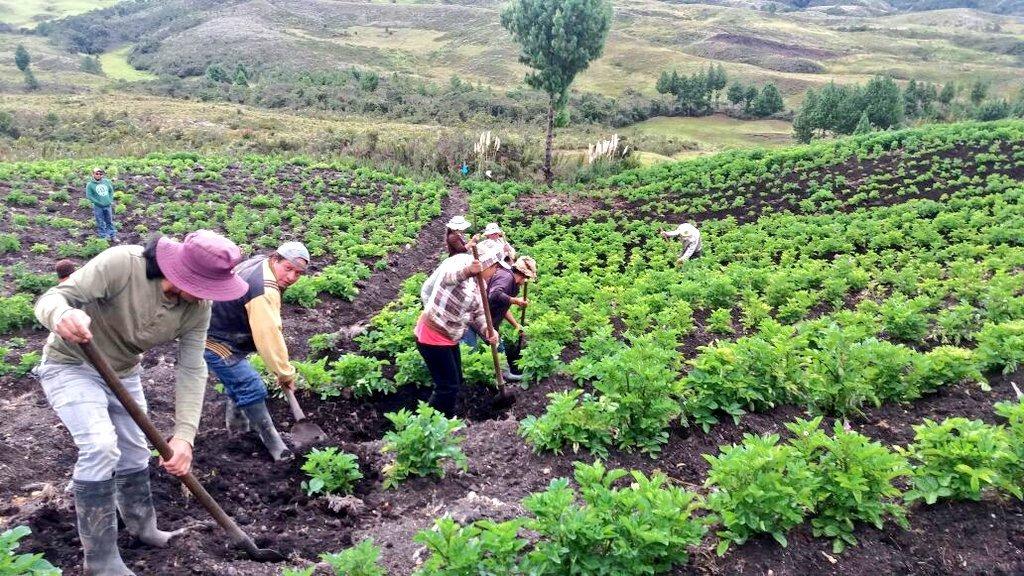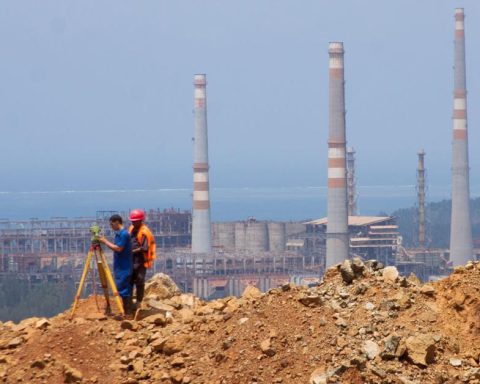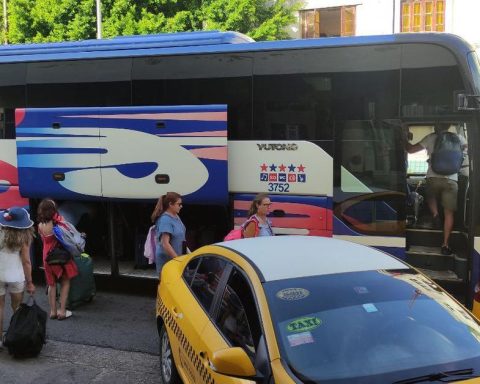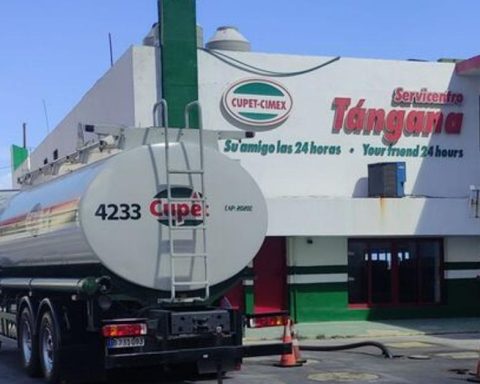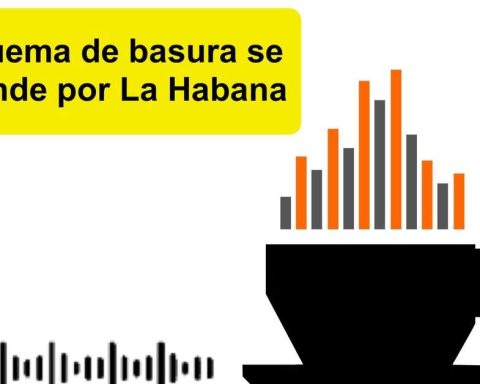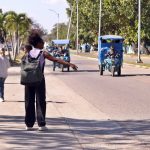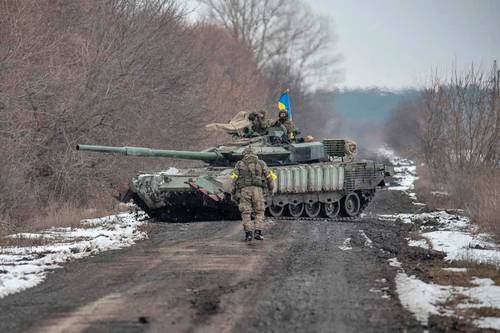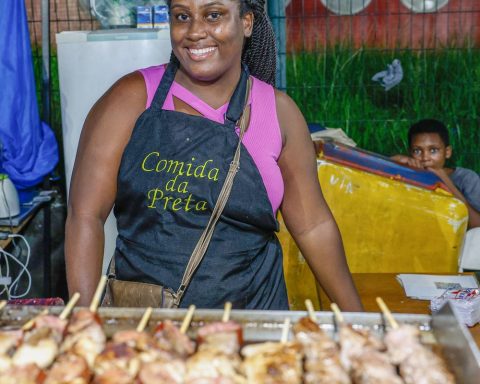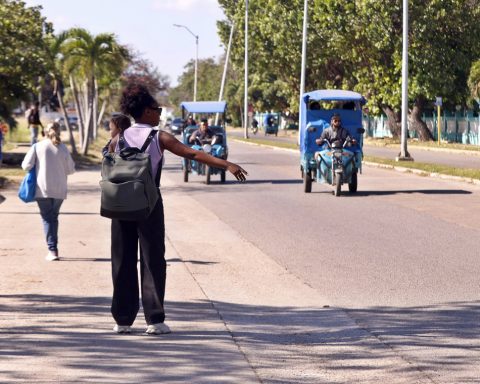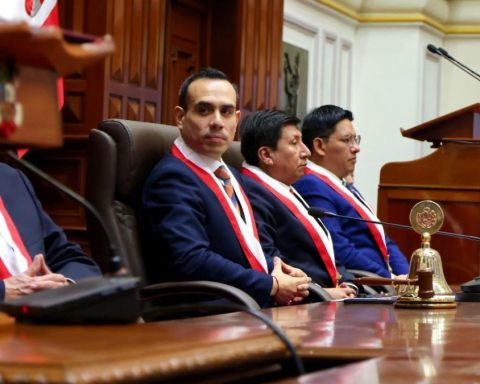The war between Russia and Ukraine deepened the problems, especially for small and medium producers. More costs represent less income and investment.
The agricultural sector It is the basis of food security (food supply) and represents more than 67% of Ecuador’s non-oil exports.
However, the structural problems the countryside they have not been corrected by any government; and in the last two years they have been maximized by the ‘coup’ of the pandemic and the recent war between Russia and Ukraine.
The current crisis, which includes high input costs and low productivityputs at risk a sector that generates, according to the latest data from the National Institute of Statistics and Censuses (INEC), more than 2.68 million direct jobs (32.9% of the Economically Active Population (PEA) of men and 29.7% of the EAP of women.
The main keys to this crisis in agriculture are detailed below:
1.- Since 2021 they have already been registered increases of between 40% and more than 100% in the main agricultural supplies What manure and fertilizers. This reduced to a minimum the new investments planned in agriculture for 2022.
2.- The pandemic provoked logistical problems and scarcity because large suppliers of inputs such as China decided to focus most of their production on domestic consumption. The war is making the situation worse, because more than 39% of the manure and fertilizers what does he need ecuadorian countryside.
3.- In 2020, urea, which is a fertilizer produced based on petroleum derivatives, it cost $18 per bag. Now it is imported at no less than $54. The same happens with other inputs such as phosphate and potash.
4.- Large producers have been able to migrate to fertilizers and fertilizers with less petroleum and more organic components, but the small and medium ones are at the mercy of increasingly expensive imported producers.
5.- In the short term, those big producers they could see an increase in their costs of between 2% and 5%; but for the vast majority (more than 80% of cultivable hectares per small and medium producers), the increase will be at least an additional 20%.
6.- Depending on how long the war lasts, the productivity of the small and medium farmers could drop by as much as 50%, if cheaper options are not found supplies.
7.- Less production and costs higher result in higher iinflation in the price of food in the domestic market. That effect was already felt at the inflationary level of 2.71% recorded as of February 2022.
8.- Apart from the current situation, the agricultural sector have structural problems such as the cost of labor, red tape (more than fifty regulations, laws and other regulations), little access to credit and technology, and intermediation problems.
9.- Rodrigo Gómez De la Torre, former president of the Chamber of Agriculture of the First Zone, considers that inflation in the domestic market is magnified because the agricultural intermediation becomes speculation. The producer is paid as cheaply as possible and sold as expensively as possible to the consumer in the markets. “It is one of the worst forms of corruption that we have,” de la Torre said.
10.- expensive supplies and speculation are the perfect combination to deepen the problem of reduced income and increased poverty, which has already exploded with force with the pandemic. Since 2020, 8 out of 10 Ecuadorians in the countryside lost their income.
11.- The productive incentives do not prioritize the small and medium farmers. In the Investment Law, for example, legal and regulatory stability guarantees are established for projects of $50 million or more.
12.- The infrastructure and current regulations are not used to promote the agro. For example, the Quito Airport is hardly used as a logistics and input import center. Next to that airport, 200 hectares of the Quito Economic Development Zone. From there, investments could be promoted for the agricultural mountains, with less red tape, taxes and tariffs. That same neglect is repeated in other areas of the country. (JS)
the war between #Russia and #Ukraine is causing problems ? for the main Ecuadorian exporters. We tell you why ? https://t.co/f5kVHauNbU pic.twitter.com/rcXsxLNcX1
– The Ecuador Time (@lahoraecuador) March 6, 2022
